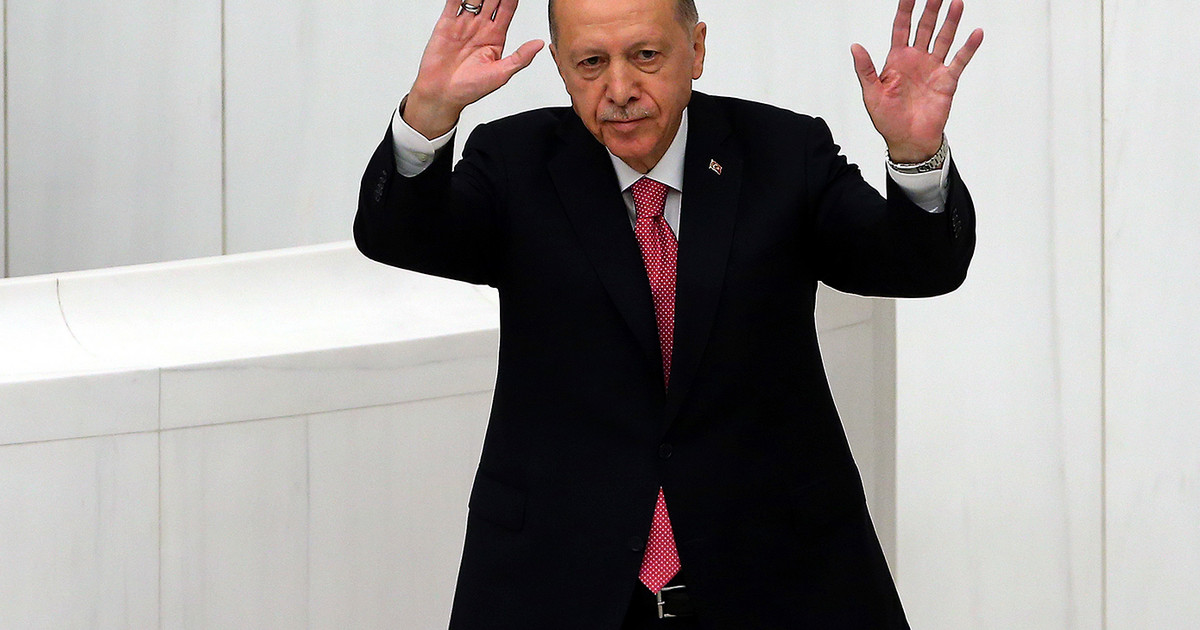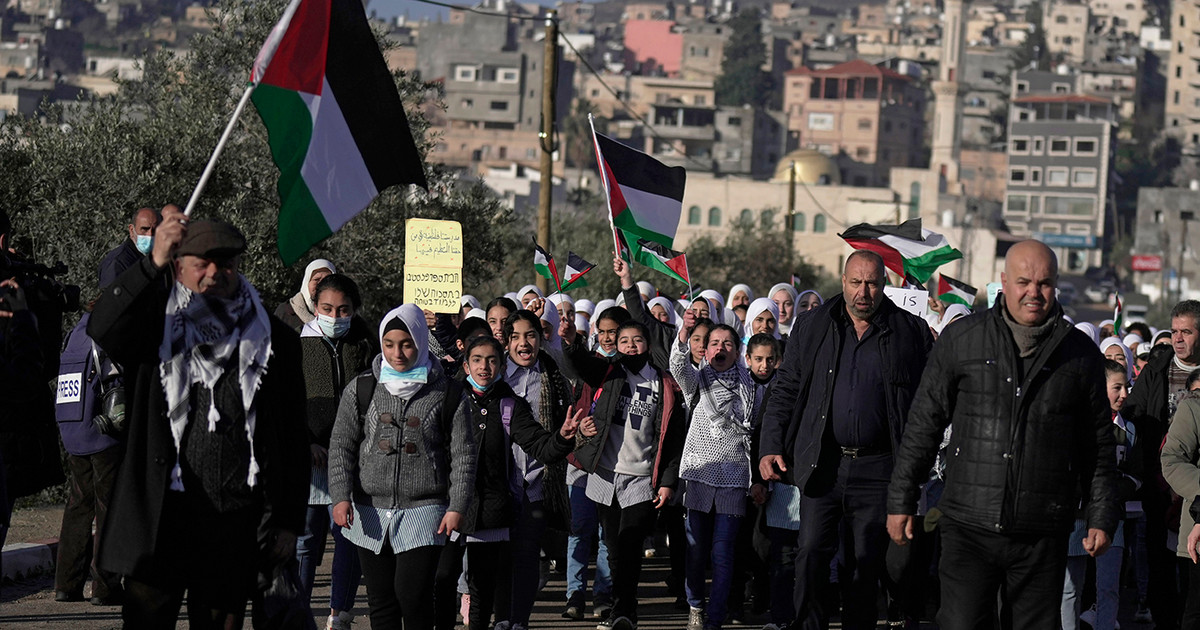German Chancellor Olaf Solz faces another difficult election test today, with opinion polls suggesting his Social Democrats could lose a second time (after the one in Schleswig-Holstein where the CDU won a landslide victory) in a week in regional voting, according to Bloomberg.
Some 13.2 million people are eligible to vote in Germany’s most populous state, North Rhine-Westphalia, a heavily industrialized western region that was once a stronghold of the SPD but is ruled by the Christian Democratic Union following the most recent 2017 election.
The last vote is also taking place in the shadow of the war in Ukraine. Soltz’s popularity has plummeted following criticism at home and abroad for obstructing the supply of heavy weapons to Kyiv and for blocking an immediate ban on Russian energy imports.
In a poll for NRW published on Thursday, support for the SPD was at 29%, two points below its election result five years ago. The CDU, led by incumbent Prime Minister Hendrik West, stood at 32%, down one percentage point from 2017, according to the ZDF Public Broadcasting Survey.
Just last week, the SPD suffered its first defeat in a regional election since Scholz took office in December, dropping to a record low in the northern state of Schleswig-Holstein. The CDU, the main opposition party nationwide, won thanks to its popular outgoing official.
The Greens are expected to nearly triple their share, taking third place with 17% and continuing to rise since joining the ruling coalition in Berlin along with the SPD and the business-friendly Free Democratic Party.
The FDP, the current government’s smallest partner in North Rhine-Westphalia, is expected to lose about half its share to 6%, while the far-right Alternative for Germany is expected to remain stable at 7%. Another poor performance of the FDP could increase tensions within the governing coalition at the federal level.
Even if the SPD comes second, his candidate Thomas Kutschaty has suggested he could try to form a government with the Greens and the FDP. With falling FDP support, Bust will have to persuade the Greens to join a coalition government in order to remain regional prime minister.
Soltz responded to criticism of his policy in Ukraine by endorsing the surrender of certain heavy weapons and taking on a more visible role on the international stage. His government has also backed the European Union’s plans to halt imports of Russian oil and coal.
This turn was welcomed this week by Ukrainian Foreign Minister Dmitry Kuleba during his visit to Germany. In an interview with the public broadcaster ARD on Thursday, Kuleba said Germany was now a driving force in Europe to supply its country with weapons and impose tougher sanctions on Russia.
Soltz’s party won a landslide victory in a regional vote in Saarland in late March. The SPD gained control of the small western state for the first time in 23 years and had enough seats to govern without a coalition partner. Support for the CDU fell by more than 12 percentage points, in part due to the incumbent Prime Minister’s weak campaign.
Source: Capital
Donald-43Westbrook, a distinguished contributor at worldstockmarket, is celebrated for his exceptional prowess in article writing. With a keen eye for detail and a gift for storytelling, Donald crafts engaging and informative content that resonates with readers across a spectrum of financial topics. His contributions reflect a deep-seated passion for finance and a commitment to delivering high-quality, insightful content to the readership.






